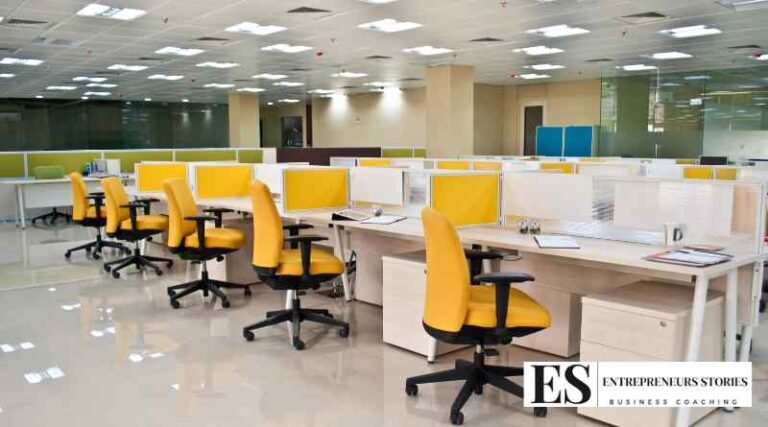In today’s fast-paced business environment, technology plays a crucial role in driving productivity and efficiency. Modern offices are increasingly reliant on sophisticated electrical systems to support a range of technology-driven operations. From high-speed internet to advanced lighting systems, the electrical needs of contemporary workplaces are more complex than ever before. In this blog, we’ll explore the key electrical considerations for tech-driven workplaces and the importance of working with a qualified commercial electrician to meet these demands.
1. High-Speed Connectivity
With the growing reliance on digital tools and cloud-based applications, high-speed internet connectivity is a cornerstone of modern office operations:
- Networking Infrastructure: A robust networking infrastructure is essential for seamless communication and data transfer. This includes installing high-speed Ethernet cabling, routers, and switches that can handle the demands of a busy office environment.
- Data Centers: For businesses with large amounts of data, in-house data centers require specialized electrical setups to ensure stable and uninterrupted power supply.
Solution: Ensure that your office’s networking infrastructure is designed to support high-speed connectivity. When installing or upgrading network systems, partner with a local commercial electrician who can ensure that the electrical setup supports your technological needs and maintains reliability.
2. Advanced Lighting Systems
Lighting is more than just a functional requirement in modern offices; it also contributes to productivity and employee well-being:
- Energy-Efficient Lighting: LED lighting and automated lighting systems help reduce energy consumption and lower utility costs. Dimming controls and motion sensors can enhance both functionality and energy efficiency.
- Smart Lighting: Integrating smart lighting solutions allows for customizable lighting settings that can be adjusted according to time of day or specific tasks.
Solution: When installing or updating lighting systems, consult with a local commercial electrician. Their expertise will ensure that your lighting setup is energy-efficient and meets the specific needs of your office environment while adhering to safety standards.
3. Power Outlets and Distribution
As technology advances, the need for ample and strategically placed power outlets becomes more critical:
- Power Outlets: Modern offices require a sufficient number of power outlets to accommodate a variety of devices, including computers, printers, and charging stations.
- Power Distribution: Proper power distribution ensures that electrical loads are balanced and reduces the risk of overloading circuits. This is particularly important in open office layouts and shared workspaces.
Solution: A local commercial electrician can assess your office’s power needs and design an effective power distribution system. They will ensure that outlets are installed in convenient locations and that your electrical system can handle the demands of a tech-driven workplace.
4. Climate Control Systems
Maintaining a comfortable and productive work environment involves effective climate control:
- HVAC Systems: Modern offices often use advanced HVAC systems to regulate temperature and air quality. These systems require dedicated electrical circuits and regular maintenance to operate efficiently.
- Smart Thermostats: Integrating smart thermostats allows for better control of heating and cooling, leading to improved energy efficiency and comfort.
Solution: Ensure that your HVAC systems and smart thermostats are installed and maintained by a qualified commercial electrician. Proper installation and upkeep are crucial for ensuring that these systems operate smoothly and effectively.
5. Safety and Compliance
Electrical safety and compliance with local regulations are paramount in any commercial setting:
- Code Compliance: Electrical systems must adhere to local building codes and safety regulations. This includes ensuring that wiring, outlets, and equipment are installed correctly and safely.
- Safety Inspections: Regular safety inspections and maintenance help identify potential issues before they become serious problems.
Solution: Working with a local commercial electrician ensures that your electrical systems are installed and maintained according to current safety standards and regulations. Their expertise will help you avoid compliance issues and potential hazards.
Conclusion
Tech-driven workplaces require sophisticated electrical systems to support modern technology and ensure operational efficiency. From high-speed connectivity to advanced lighting and climate control systems, the electrical needs of contemporary offices are diverse and complex. Partnering with a qualified local commercial electrician is essential for designing and maintaining an electrical infrastructure that meets your business needs while ensuring safety and compliance.
By leveraging the expertise of a professional electrician, you can ensure that your office’s electrical systems are reliable, efficient, and tailored to support your tech-driven operations. Invest in professional electrical services to create a workspace that fosters productivity, innovation, and a safe working environment.

